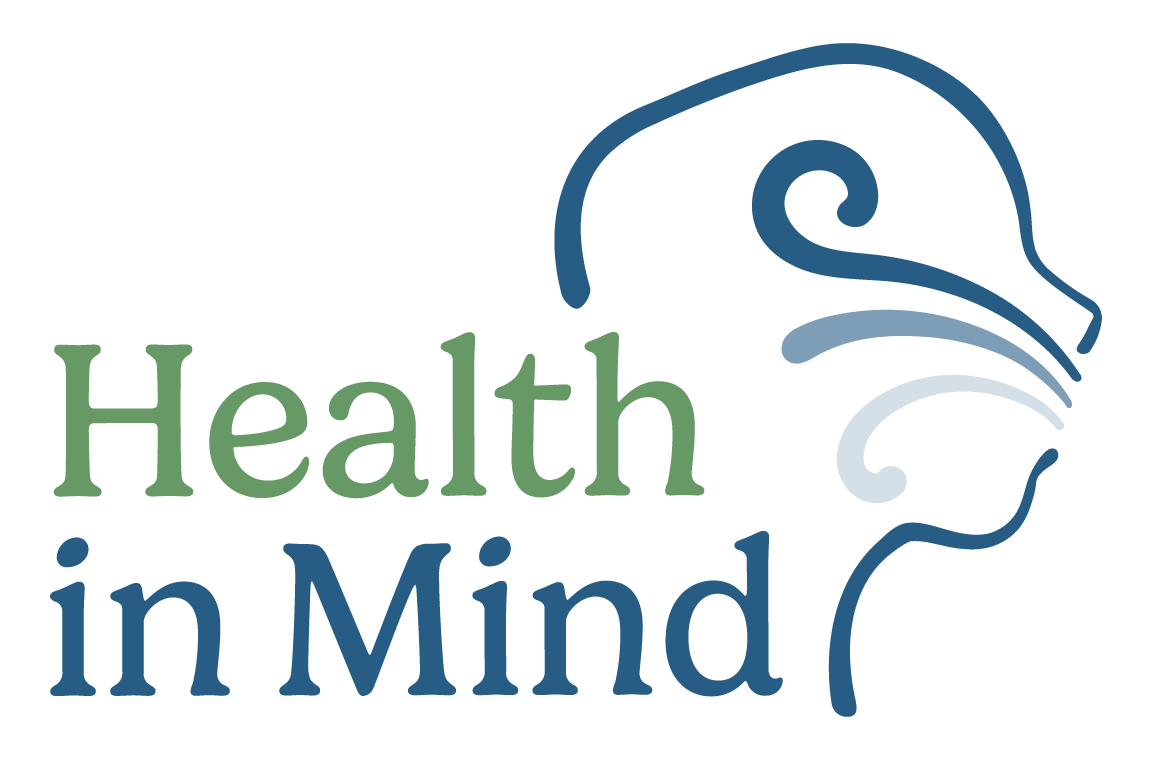Thanksgiving – Holiday Mental Health Toolkit

Thanksgiving in the U.S. is a major holiday that can include time with family, chosen family or friends. It’s all food, family, and gratitude, things that you wouldn’t think are immediate stressors right?
Well holidays can bring surges of emotions that strain on our mental health, especially when you add in complexities of relationship dynamics and combine traditions with others you are celebrating with. Here, we have some Thanksgiving-specific tips to build your mental health toolkit in order to help navigate the challenges that might arise during this popular holiday.
Common Mental Health Challenges During Thanksgiving
So what is likely to happen during this holiday? Well each family and each family dynamic is different. You may already know what to expect, but as new people come to the table, things can change.
- Family Dynamics and Relationship Stress – Some of might have difficult relatives or past conflicts that resurface, whether that be with biological family, chosen family, or friends. It’s no uncommon for there to be pressure to conform or avoid sensitive topics. Even feeling the need to manage the group’s emotions and include everyone’s traditions.
- Social Anxiety and Overwhelm – Large gatherings or socializing with unfamiliar or uncomfortable people can make a lot of people uncomfortable, especially when this is not the norm
- Food anxiety – You may have food allergies (dairy, gluten, peanuts, etc) or dietary needs and planning around that can be a lot if you are in mixed company, or simply company that does not understand the importance of food preparation or ingredients.
- Grief and Loneliness – With so much talk of family and loved ones, it can make you think of missing loved ones who have passed or are far away.
- Overeating and Emotional Eating – Often at these events, there is no shortage of food which can bring up stress-driven eating habits and guilt afterward.
- Financial Pressures –Not only have food costs risen significantly in 2025, adding to the price of a meal, but Black Friday follows immediately after Thanksgiving. The financial pressure from these back-to-back holidays can be very overwhelming.
Building Your Thanksgiving Mental Health Toolkit
It’s always a good idea to have a few tools and tips to help get you through the holidays. Our toolkit offers practical ways to help you feel grounded and in control during the busy season.
- Setting Boundaries with Family and Social Events – Remember that it’s ok to say “no” and limit time spent in challenging situations or with uncomfortable people. Redirect conversations by changing the subject, communicating a boundary like “let’s discuss another topic” or by exiting gracefully by going to get yourself more water or taking a break to go to the restroom even if it’s just to take a breather can all help reduce this Thanksgiving anxiety and stress.
Mindfulness and Grounding Techniques – Utilize breathing exercises, meditation, or sensory awareness to stay calm. Taking mental breaks during busy events, or stepping outside for a moment for a breath of fresh air. We have a lot of create content for you on what mindfulness is and event have audio guides on how to perform it properly. - Healthy Gratitude Practices – Use your journal to reflect on gratitude to focus on positive aspects without pressure. Consider sharing your gratitude in ways that feel authentic, not forced. Tell a trusted friend, partner, or family member what you are grateful for if you don’t feel comfortable in front of certain family members or in front of a large group.
- Practical Self-Care Tips – Continue prioritizing sleep, hydration, and movement. Listen to your body’s natural cues about when you are full, when you feel uncomfortable around someone, or when you feel overwhelmed and need a break. Schedule downtime before and after holiday events. If holidays like Thanksgiving cause anxiety, depression, or other complex emotions for you, reach out to your therapist for additional appointments or to see what extra support they can provide you during this time. Check in with yourself, your emotions, and your body regularly to increase presence.
- Managing Emotional Eating – Try your best to engage in mindful eating and listening to hunger/fullness cues. Chew your food slowly, think about what each flavor feels like on your tongue, think about what dish you are enjoying most, and take a sip of water or a deep breath between bites to slow yourself down. Listen to your body and your mind about if you feel full or if you need more food depending on how your check in goes. Check in with yourself regarding your feelings to note if you feel like eating less due to Thanksgiving stress or more due to Thanksgiving anxiety.
Financial Planning and Simplifying – Celebrate Thanksgiving in a budget-friendly way by reducing the number of dishes you’re making, making simple, whole-food recipes with fewer ingredients, asking others to bring homemade dishes or pick something up to bring, or by changing your travel plans to reduce costs by travelling on less expensive days if your work schedule can accommodate that. Emphasize experiences over expensive traditions. Set boundaries around Black Friday shopping by choosing to make homemade gifts only, by setting a budget in advance for holiday or Christmas gifts and sticking to it, or choosing an accountability buddy to shop with that you trust can help you stick to your plan. Planning and setting boundaries in advance of shopping can also help reduce Christmas stress as well.
When to Reach Out for Extra Support?
Resources for mental health support during the holidays can include help from mental health professionals such as your therapist who may be able to provide extra appointments or virtual communication, hotlines like 988, or online support groups for holidays, family issues, alcohol consumption, or disordered eating.
Signs you might need professional help may include persistent anxiety, depression, or overwhelming stress, or beginning or increasing drinking or disordered eating due to stress or family situations.
Remember, your mental health is important. Don’t forget to prioritize mental health as part of your holiday planning this Thanksgiving.
FAQ?
Why does my mental health get worse during Thanksgiving? – Many factors can contribute to worsening mental health around Thanksgiving or other holidays. These may include difficult family or friend group dynamics, feelings of loneliness in a crowd or because of not being invited, increased feelings of grief from missing a loved one who has died or cannot travel, or difficulties with the holiday being centered around food and eating. In addition, you may be experiencing Seasonal Affective Disorder from decreasing sunlight each day during this time of year. If you feel any of these or other concerning experiences, reach out to your mental health provider for extra support during this time.
